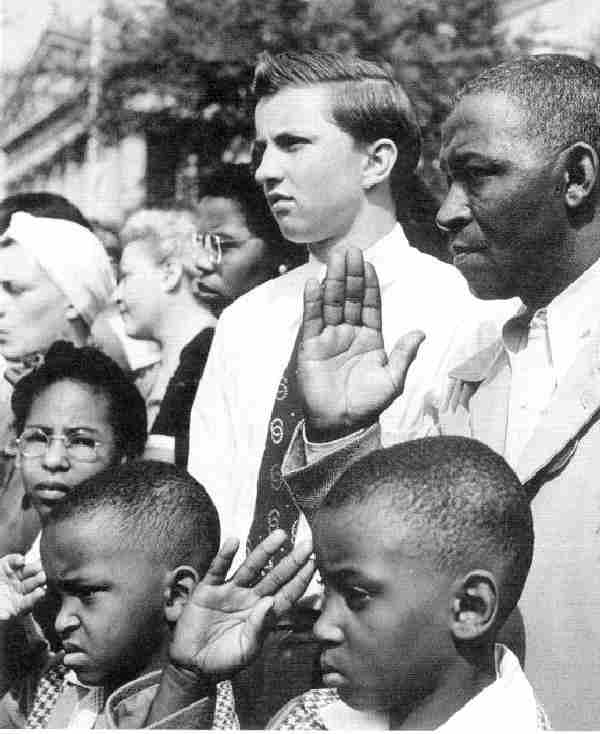
Figure 1.--America greieved with the death of President Roosevelt. Despite the failure of the New Deal to address racism, the death of the President was especially heart-felt in the Black community. |

|
The Roosevelt Administration is often criticised for its lack of action on Civil Rights. The failure to pass an Anti-Lynching Law was one of the most serious failures. But in fact great steps were taken. A priority of the New Deal was bring the South back into the national economy and mainstream. The Tennesee Valley Authority (TVA) was a major part of that effort. Blacks of course benefitted from this as they did from other New Deal programs. There were efforts, especially in the south, to deny Blacks access to bebifts offered under New Deal programs. The President often encouraged (some might say nagged) by Eleanor fought to make sure that Black families did get benefits. Here there were failures, the sme serious being the Civilian Conservation Corps (CCC). There were also many successes. Blacks were also giveen access to the war jobs. Here the President was reluctant for political reasons, but the combined weight of Elenor and a possible March on Washington threatened by A. Philip Randolph, persuaded him. This made possible for many Black Americans the first decent paying jobs they ever held. Military programs like the Tuskee Airmen paved the way for desegregation after the War. Although little noted at the time, Roosevelt's court appointments combined by those of Presiden Truman were bringing a new generation of jurists to the Federal courts who in the 1950s and 60s would transform race relations in America. The Administration's Civil Rights record has to be assessed with the need to hold southern democrats in the New Deal coalition. A push on Civil Rights in the 1930s would have failed and it would have threatened the many accomplishments of the New Deal. While the President's hands were tied by the need to retain Southern Democratic votes in Congress, Elenor was a passionate spokesperson for Civil Rights. For the first time since Reconstruction, many Black Americans felt they had a friend in the White House. The loss of the President in 1945 was felt deeply by Black Americans. It would be left to Roosevelt's successors, Harry Truman, John Kennedy, and the ultimate New Deal Congressman--Lyndon Johnson to bring Blacks into the mainstram of American life.
Navigate the Boys' Historical Clothing Web Site:
[Return to Main Civil Rights page]
[Return to Main FDR presidency page]
[Introduction]
[Activities]
[Biographies]
[Chronology]
[Clothing styles]
[Countries]
[Bibliographies]
[Contributions]
[FAQs]
[Glossaries]
[Satellite sites]
[Tools]
[Boys' Clothing Home]
